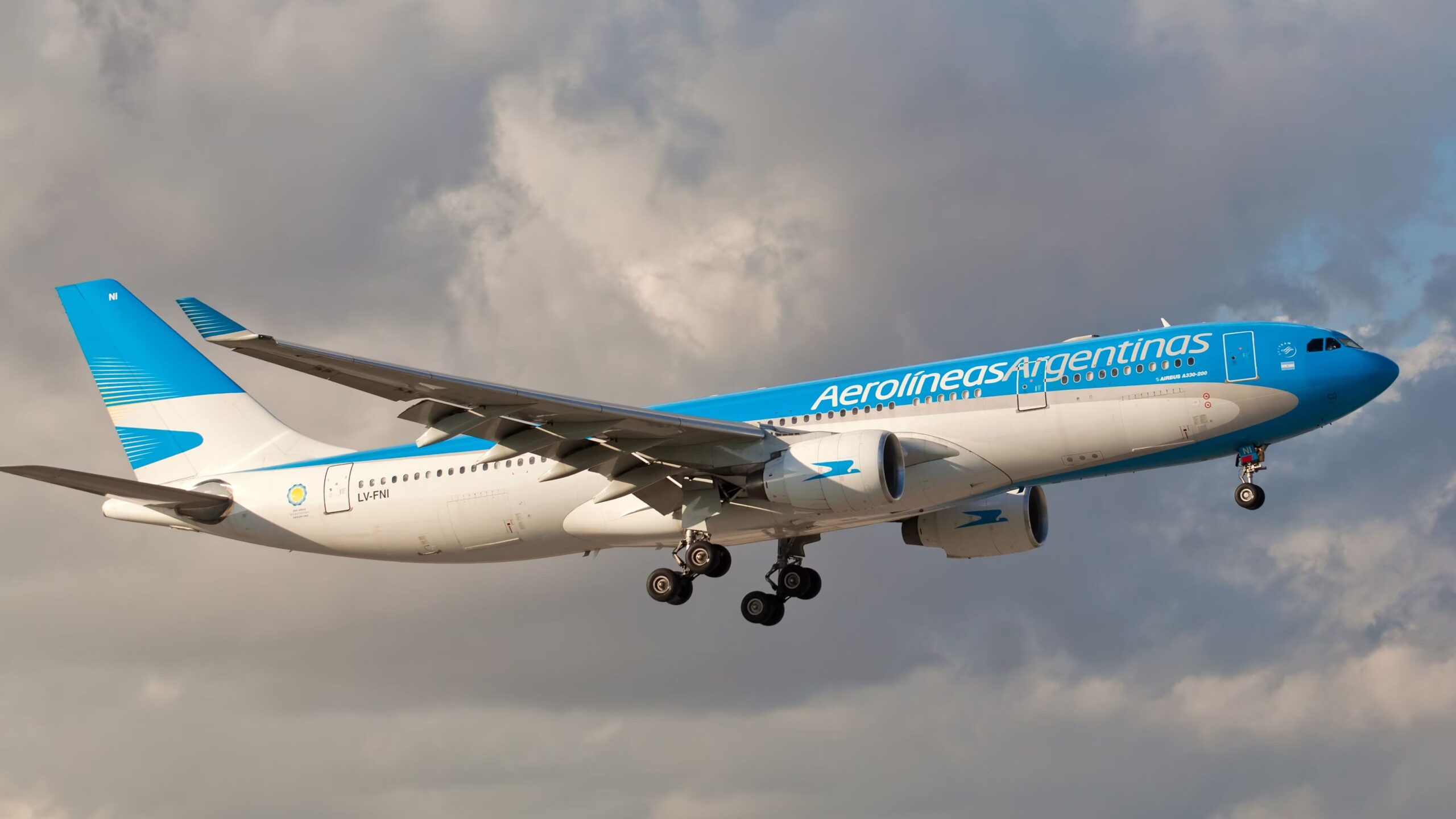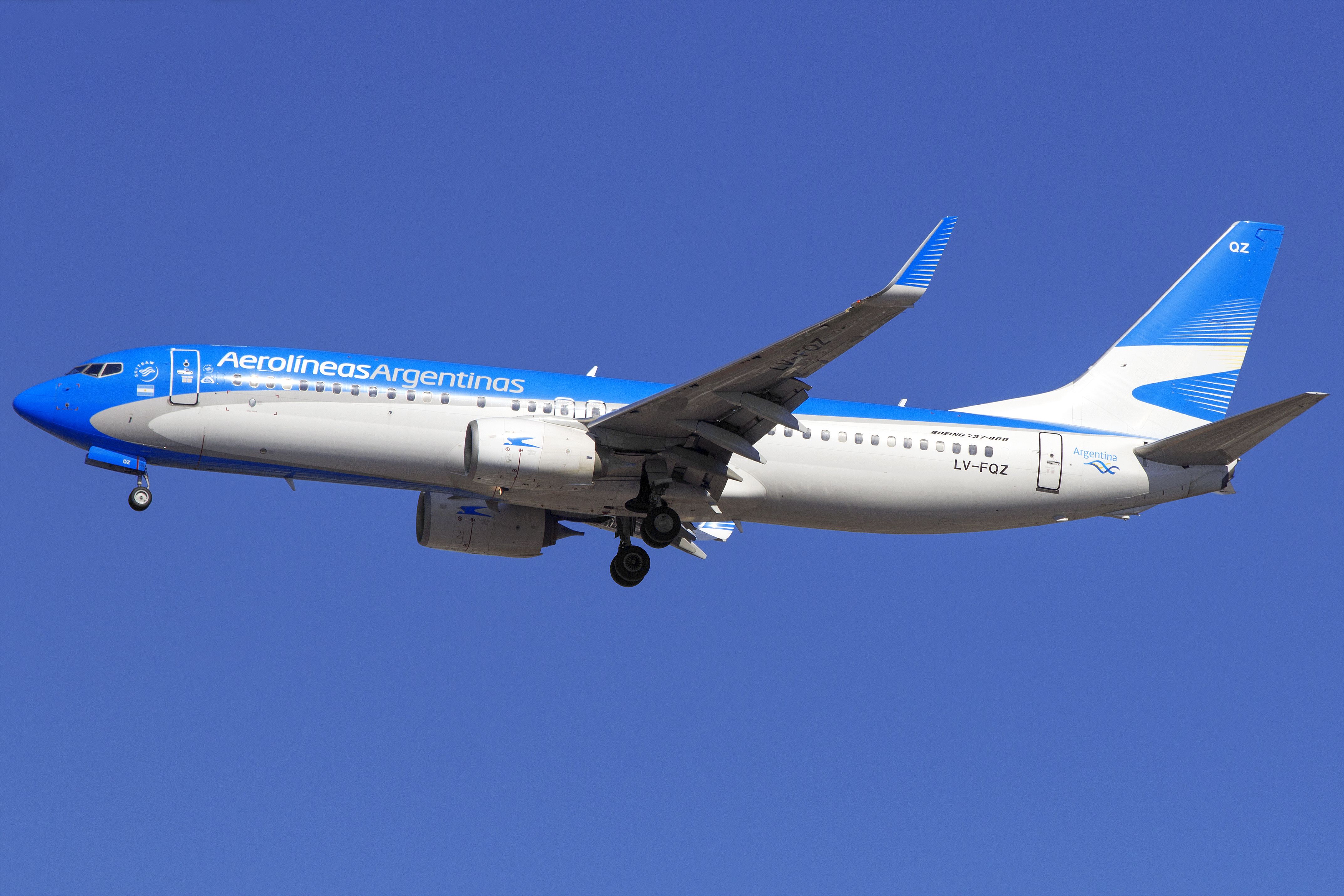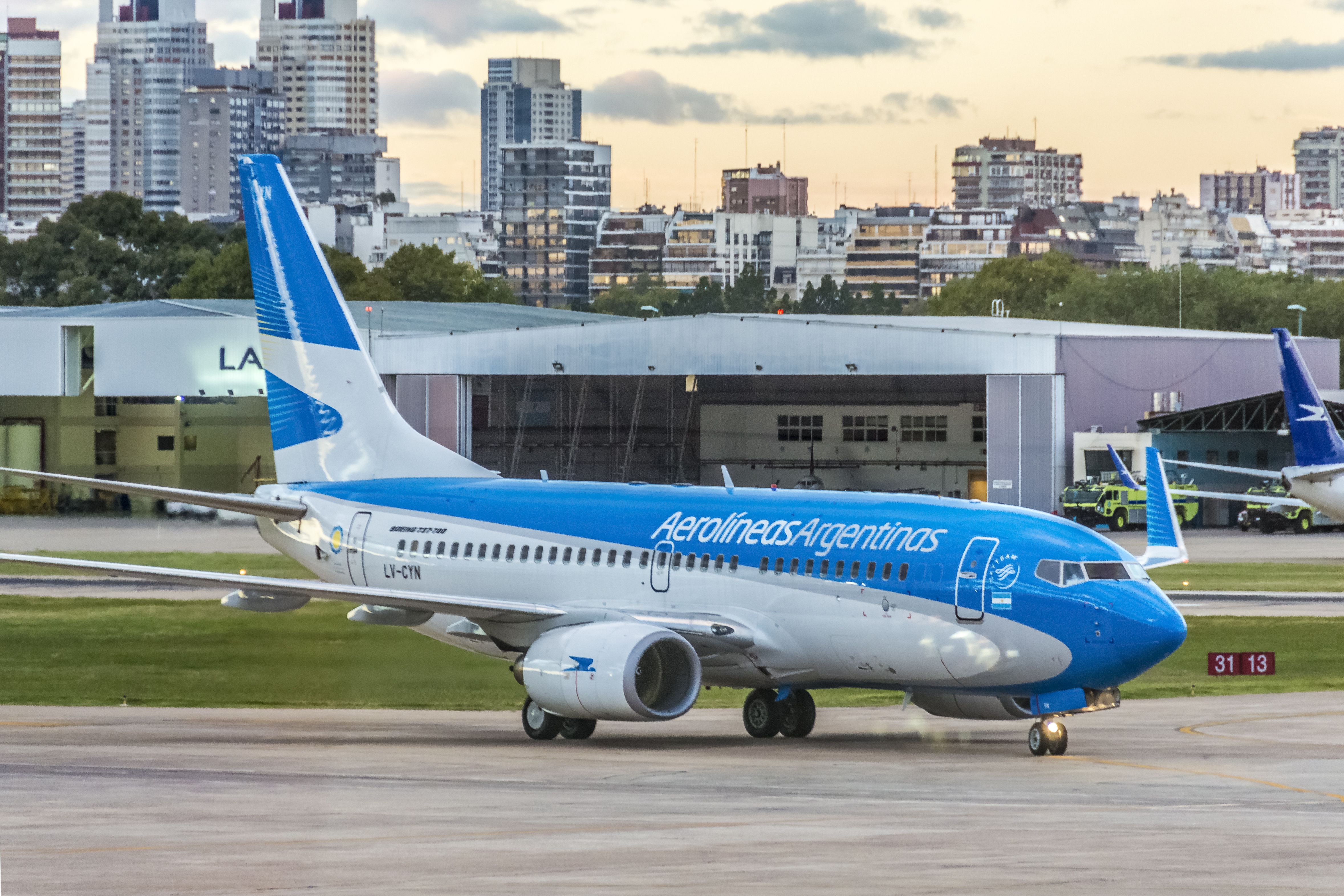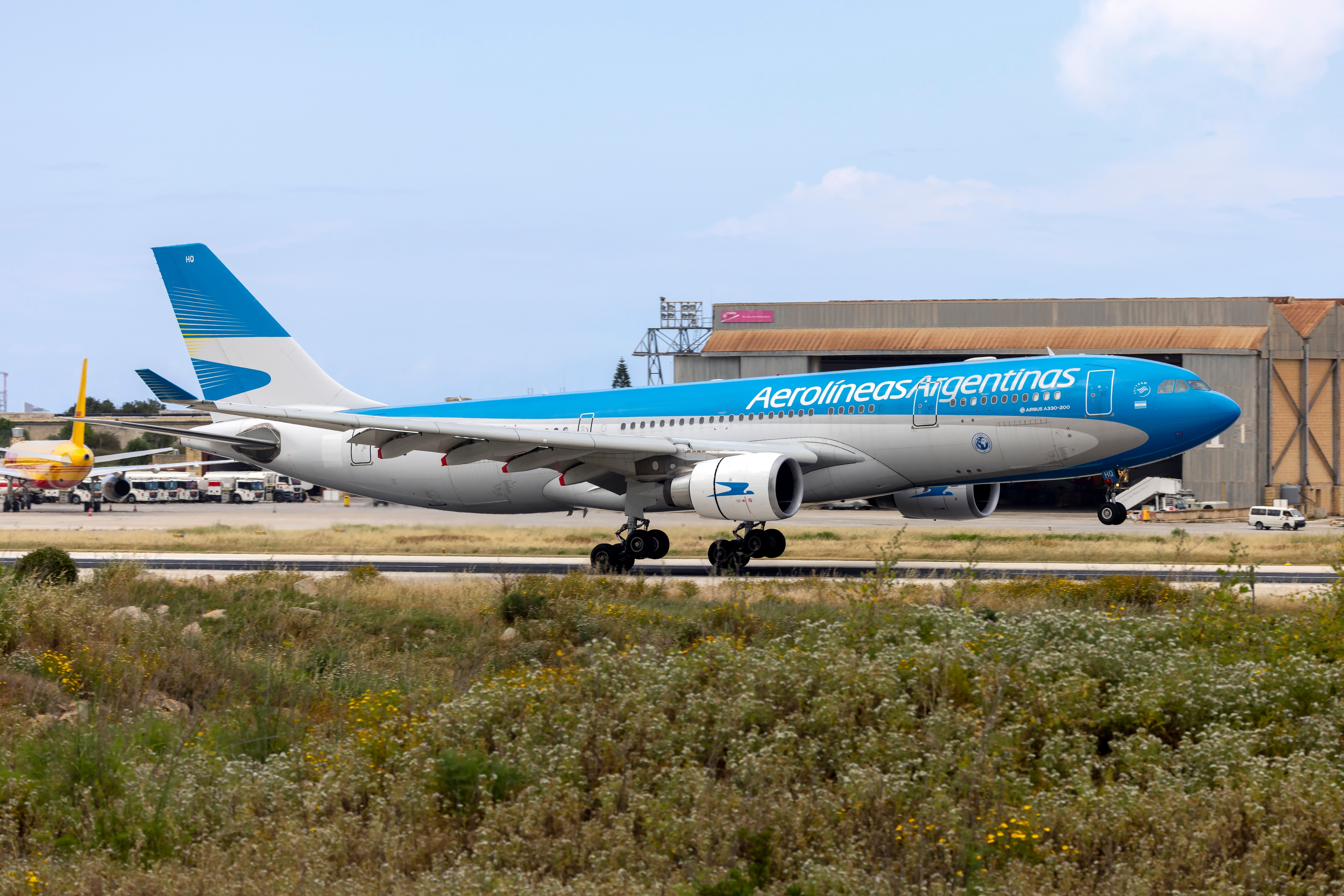Summary
- Aerolineas Argentinas, the state-owned flag carrier of Argentina, has not turned a profit since 2008, despite recent financial improvements.
- Presidential candidate Javier Milei suggests re-privatizing the airline and giving ownership to its employees, a unique and untested approach.
- Candidate Sergio Massa supports continued nationalization, arguing that the airline serves important roles for the country and its economy.
It’s no secret that there are serious issues with Aerolineas Argentinas, the flag carrier of South American nation Argentina. Despite serving destinations across the globe with a dynamic fleet, the carrier hasn’t turned a profit since it was nationalized in 2008. In fact, the carrier posted its best financial results in 15 years this past August and nonetheless still found a way to lose nearly $50 million in the first half of 2023.
With Argentina’s increasing government debt, widespread inflation, and poverty, it is unsurprising that some in the country are calling for a change in the way the airline does business. So much so has this become an issue within Argentina that the situation has become front and center in the nation’s presidential race.
Photo: Carlos Yudica | Shutterstock
Radical libertarian Javier Milei, the current frontrunner in many of Sunday’s election polls, has a strong opinion on the airline’s future. Sergio Massa, Argentina’s current Minister of Economy, stands at the ideologically opposite end of this matter. Let’s take a deeper look at these candidates’ views and how the carrier could look radically different in the coming years.
Milei’s plan for change
While the carrier has been state-owned since 2008, the airline formerly operated as a private company owned by multiple different groups, including a consortium led by Spanish flag carrier Iberia at one point. With this in mind, it doesn’t seem that radical for a presidential candidate to propose re-privatizing the airline.
Photo: Anibal Trejo | Shutterstock
But what makes Milei’s suggestion unique is that the candidate plans to deliver the airline’s ownership directly to the airline’s employees. This “working capital” strategy is relatively untested, and no one can accurately predict whether Aerolineas could achieve financial stability with such an ownership model.
In an interview given to Argentine media outlet IProfessional, the candidate gave the following statement about the airline:
The problem with companies in the hands of the State is that they turn them into a political fund.
Massa’s rebuttal
Massa, alongside his coalition of left-wing and socialist parties, supports the continued nationalization of the airline. As Minister of Economy, the candidate appeared at a ceremony this past March to commemorate 15 years since the airline was first privatized. As reported by Argentine outlet El Litoral, Massa issued the following now-famous statement about the carrier and its future:
“Defending Aerolineas Argentinas is defending the homeland.”
An economist, Massa, argues that the carrier’s role extends far beyond the accounting profit it reports. The airline serves multiple other roles from a federal perspective, which brings a positive external consideration for the airline. Primarily, the carrier serves to connect not just cities within Argentina (the world’s eighth-largest country by land area) but also connect the nation to the rest of the world.
Photo: InsectWorld | Shutterstock
There are also many other roles the airline fulfills that would not be possible if the carrier operated as an entirely for-profit private company. First, the airline employs over 12,000, and with unemployment as high as it is in Argentina, it is quite likely that this number would drop if privatized. Furthermore, the airline also has performed important missions, such as bringing vaccines to the nation amid the COVID-19 pandemic.
Photo: La Nacion




